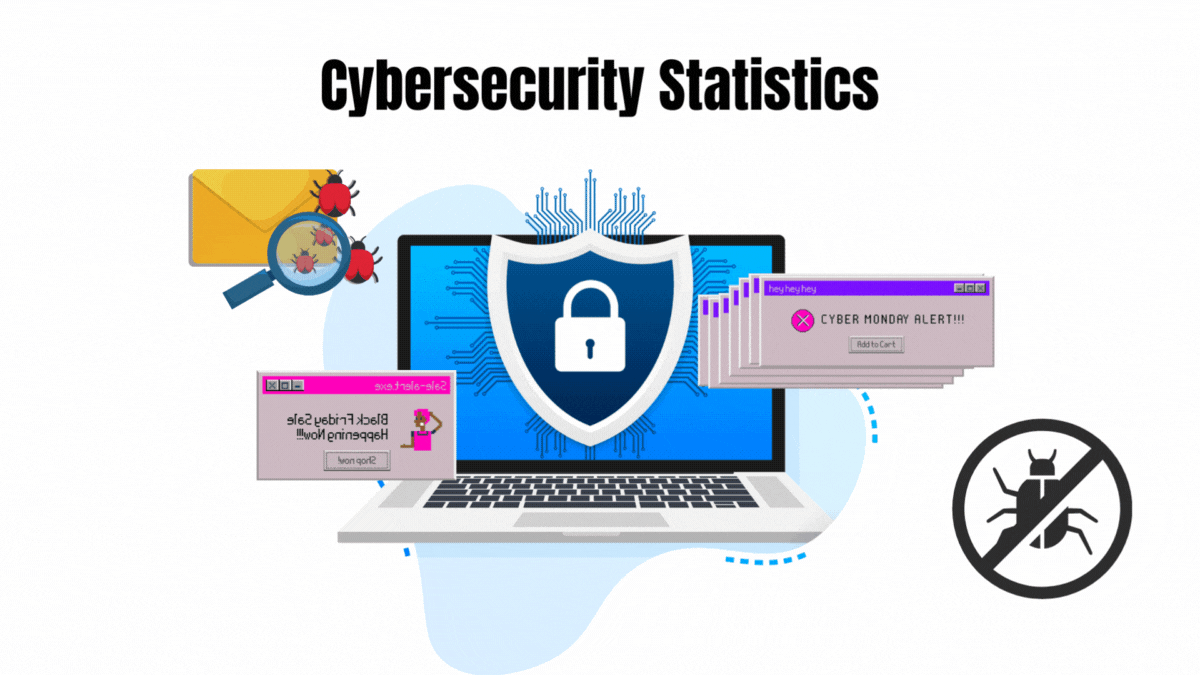Leveraging Habits
Understanding the why of online consumer behavior can help you serve effective, targeted online advertising and marketing.
A study recently completed by Booz, Allen, Hamilton & Nielson/Net Ratings looked into user behavior on the Internet in an attempt to aid online businesses. Having pored over clickstream data collected from nearly 2,500 users over a six-month period, they found that although some online user sessions lead to purchases, others are impervious to traditional online marketing strategies.
Looking into why users were online, researchers unearthed several types of user sessions. Each type was analyzed for whether users conforming to a session type were liable to make a purchase or whether they were likely to be attracted by a banner ad.
The shortest user sessions were named Quickies and Just the Facts sessions. Page views under these sessions were found to be too short for enticing users into buying products or clicking on banners. Single Mission or Information sessions entailed users searching under specific categories and targeting unfamiliar sites. These users were found to spend 10 minutes or longer per site and were found to be particularly susceptible to highly targeted banner ads, though not likely to purchase immediately.
Users were found to spend slightly longer at more familiar sites — named Do It Again or Loitering sessions, these normally constituted longer site visits and page views of around 2 minutes — long enough for strategically placed banner ads and site sponsorships to be effective in creating the necessary brand awareness. These users were also more likely to purchase. Surfing sessions were found to average at 70 minutes per session — as with the leisurely sessions the targets, though usually comprising sites unfamiliar to the user, were also content-heavy sites. Content sponsorships were therefore found to work particularly well with these types of sessions.
Given the differences between the various session types Booz et al advised e-tailers to abandon the usual “one-size-fits-all” approach to e-commerce and consider leveraging different types of user sessions to brand differently. “Knowledge about customer behavior is priceless,” asserted Booz et al, urging e-tailers to take advantage of available technology to determine which session mode a site visitor is in, so that an interface designed for that particular occasion can be triggered. Whereas Quickies should get a text-only, stripped down experience, longer user sessions should be graced with fuller service options, they advised.
Advertisers were furthermore counseled to take advantage of Surfing and Information Sessions to target users with new, off-topic messages as these types of users could be persuaded to click on something that caught their eye. As an effective branding type, content sponsorships were emphasized as Booz et al saw these as constituting highly lucrative advertising opportunities across the board.
Reprinted from sa.internet.com.
